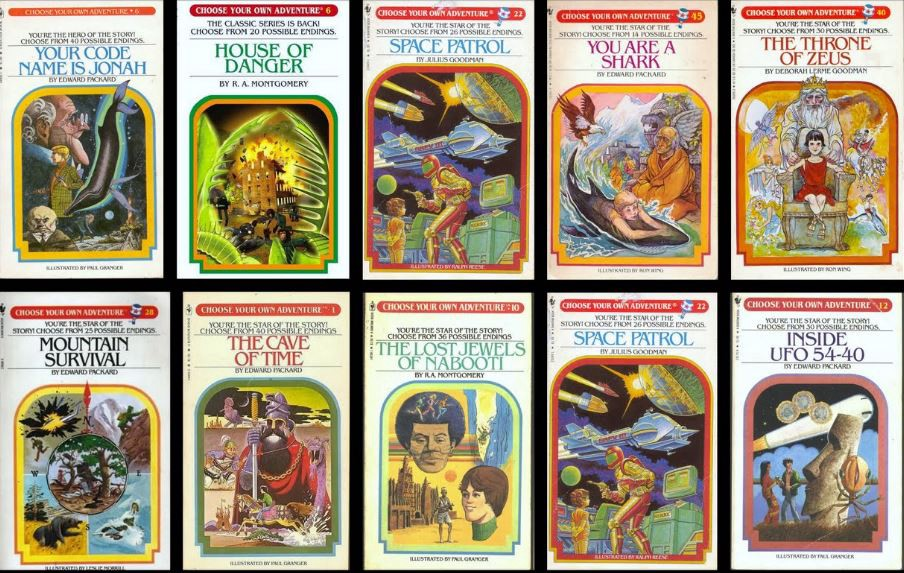So since I got so many hits from the Top Gun script satire, I figured it would drive traffic to do a post that would 1) distract pirates, but more importantly 2) give my fans a laugh. So, here goes the script that I am sure no one would ever predict from Dances With Smurfs 2, Digital Bugaloo. It should go without saying that, like my last review, I have written this one wthout ever having seen, or planned to see, this film.
The Place: The Smurfelf (or Na’vi or Nauvoo, or whatever) Homeworld
Scene 1:
JAKE SULLY (voiceover): Life has been so perfect on this alien world where my family has either overlooked or never known the fact that I’m an alien hiding out in the mindwiped corpse or brain-ectomied clone of one of them.
JAKE’S SON: Hey, Dad, how come you never talk about your childhood. You’re not hiding some deep, dark secret, are you?
NEYTIRI: What a question to ask your father!
JAKE’S SON: Just kidding!
JAKE SULLY: I hope I never have to confess my deep, dark secret to them.
NEYTIRI: Oh, I’m sure that will never be necessary; we showed your people that trying to conquer our planet was hideously unprofitable last time, right?
JAKE SULLY: Yes, you’re right. It would just be pure evil of them to try again. In fact, no matter how rare the substance, it’s overwhelmingly likely that synthesizing it would be far cheaper than launching an interstellar invasion.
Despite the fact that there is no sound possible from outside the atmosphere, an ominous whisper of sound accompanies a distinctive flash of light in the sky.
JAKE SULLY: Well, shit.
Scene 2:
JAKE SULLY: …so that’s the reason, children, that I’ve never talked about my childhood, and by extension, is my deep, dark secret.
JAKE’S DAUGHTER: So, you’re really an alien midget who can’t walk riding my Dad’s body around? I can’t deal with this!
NEYTIRI: No, that’s… how can I explain this?
JAKE’S DAUGHTER: You’re a lot kinkier than I ever imagined?
NEYTIRI: No, I…
JAKE’S DAUGHTER runs off crying.
NEYTIRI: What will we do, Jake?
JAKE SULLY: Well, on Earth we had these people called ‘therapists.’
JAKE’S SON: But why would your people come here and attack us?
JAKE SULLY: Because my people have developed a terrible technology that gives them great power, only at the cost of needing to constantly destroy everything beautiful on their world, and now they will do it to ours as well!
JAKE’S SON: And that’s why they developed this soul-destroying technology?
JAKE SULLY: Yes, they are terrible.
JAKE’S SON: Well, why can’t they just get everything they need just like we do by plugging themselves into your planet’s animals and mind-controlling them?
JAKE SULLY: Well, no. They can’t do that because they’re inferior.
JAKE’S SON: What are we going to do??
NEYTIRI: Don’t worry, your father can just lead us all to triumph again, I’m sure. Can’t you?
JAKE SULLY: This might be a good time to discuss how Earth militaries occasionally learn something called ‘tactics’ and the fact that they probably remember our capabilities from last time.
Scene 3:
Fire and death raining down from the sky. Everyone but the Sully family is exterminated.
JAKE SULLY: Neytiri! Take the children and go!
NEYTIRI: Not without you!
Explosion conveniently knocks Jake out of the sky in a dramatic fall which will provide tension to everyone in the audience with brain damage and who has never seen a movie before.
Scene 4:
JAKE SULLY: What happened?
JAKE’S SON: We lost everything! Everyone is gone!
NEYTIRI: You were knocked out and I saved you. Fortunately, you hit several plot devices on the way down.
JAKE SULLY: Oh, good.
JAKE’S SON: I thought you said these aliens were inferior!
JAKE SULLY: Yes, look at what they did with their soul-destroying technology!
JAKE’S SON: And you grew up with these people and they can travel between stars and wipe us out like that and you knew about it all these years and you never thought to teach us any of it?? It looks like what we Na’vi need is a double-helping of soul-destroying technology!!
JAKE SULLY: Now, son, all we need to do is discover how this planet will provide us some new animals that will surprise the aliens again that are compatible with our USB brain plugs.
JAKE’S SON: But who will take us in?
Scene 5:
ATTRACTIVE STRANGE GIRL: Hey, new people! We’ll take you in! Come live with us!
JAKE’S SON: Really?
NEYTIRI: Of course, all Na’vi are one.
ASG: Come join our Water Tribe.
NICKELODEON LAWYERS: a-HEM!
ASG: I mean the Sea People! We will be happy to teach you everything, despite the fact that you have no skills that are useful in this area and will probably attract the very people who attacked you.
Scene 6:
EVIL COMMANDER: Are you sure Jake Sully is dead?
LIEUTENANT: Sir, why does that matter? We wiped out his whole tribe.
EVIL COMMANDER: Because only a human could ever defeat us. We tracked him with our bioscantrackerdoohickey.
LIEUTENANT: Can’t we do that again?
EVIL COMMANDER: Only if he’s not underwater.
LIEUTENANT: Geez, what are the odds?
Scene 7:
The training montage that takes place underwater
Scene 8:
LIEUTENANT: No trace of him, sir.
EVIL COMMANDER: Dammit! Well, might as well go mine the biggest deposit of unobtainium on the planet. Where is it?
LIEUTENANT: Underwater, sir. Right here.
EVIL COMMANDER: Geez, what are the odds?
Scene 9:
JAKE SULLY: Son, can you ever forgive me that I wasn’t who you thought I was?
JAKE’S SON: I guess, Dad. I mean, all that matters is who you are inside, which just happens to be a White Savior icon that we poor natives needed to save us, in spite of which you wouldn’t teach us your technology, because our souls aren’t strong enough, I think.
JAKE SULLY: That’s not…
JAKE’S SON: But all we’ve done is prepare to use a bunch of really cool fish in combat! What if the aliens attack anywhere else?
JAKE SULLY: Look, son, they attacked in the air when we had birds; they’ll attack in the sea now that we have fish.
JAKE’S SON: That doesn’t make…
ASG: They’re coming!
JAKE’S SON: Geez, what are the odds?
Scene 10:
Invincible-looking human armada approaches
THX SURROUND SOUND: BWAAAAAAAAAAAAAAAAHHHHHHHHHHHHH!!!!!!!!
Impressive-looking Na’vi fish school looks Grim And Determined.
THX SURROUND SOUND: BWAAAAAAAAAAAAAAAAHHHHHHHHHHHHH!!!!!!!!
LIEUTENANT: Sir, we have his signature: It’s Jake Sully!
EVIL COMMANDER: Today we discover which species is truly superior!
90% OF THE MOVIE BUDGET IN 5 MINUTES: KA-BLAMBOOMSPLASHAIIIIGH – NO! – GABAMFKABLOOEYBAM!
EVIL COMMANDER: You may have defeated us, Sully, but we will return!
JAKE SULLY: You’re going to keep throwing money away on this planet?
EVIL COMMANDER: You will never defeat the corporate drive for profit!
JAKE SULLY: Geez, you guys really are cartoon capitalist villains, aren’t you?
EVIL COMMANDER: Us? I meant Cameron. There’s no way he’s walking away from this cash cow (dies)
END CREDITS


